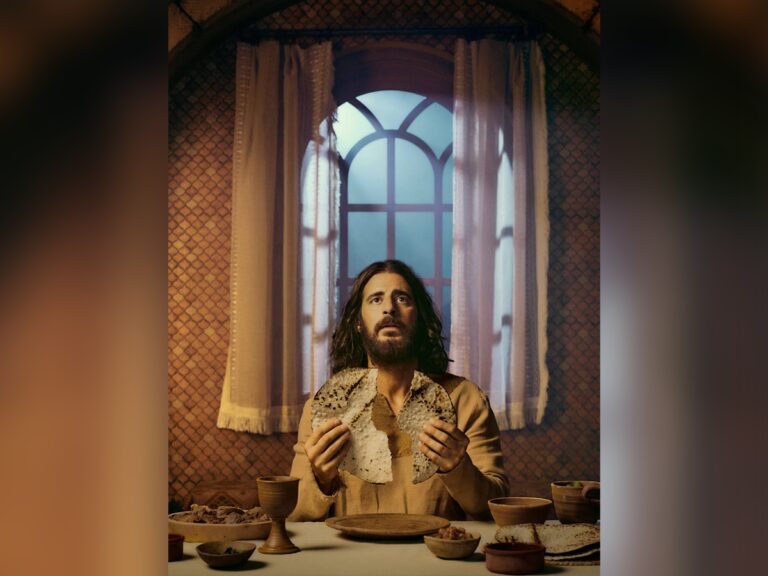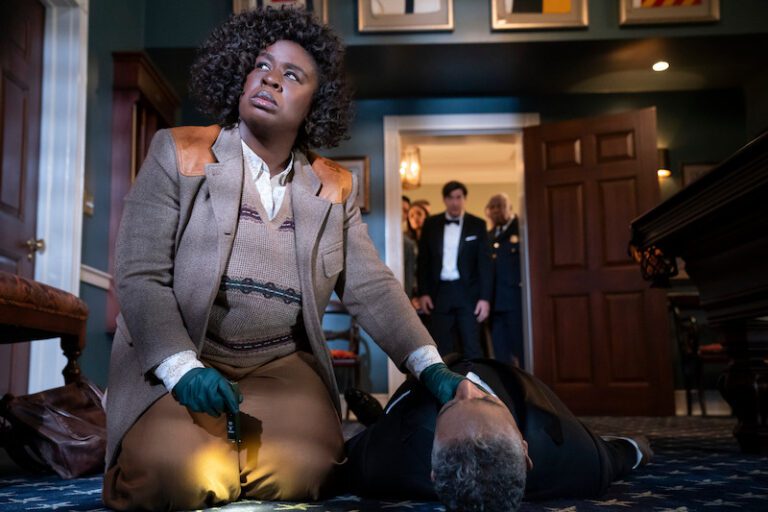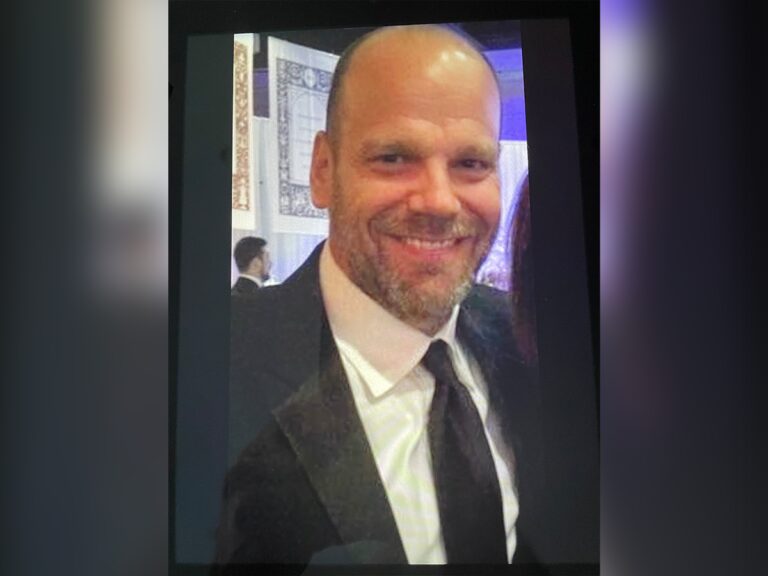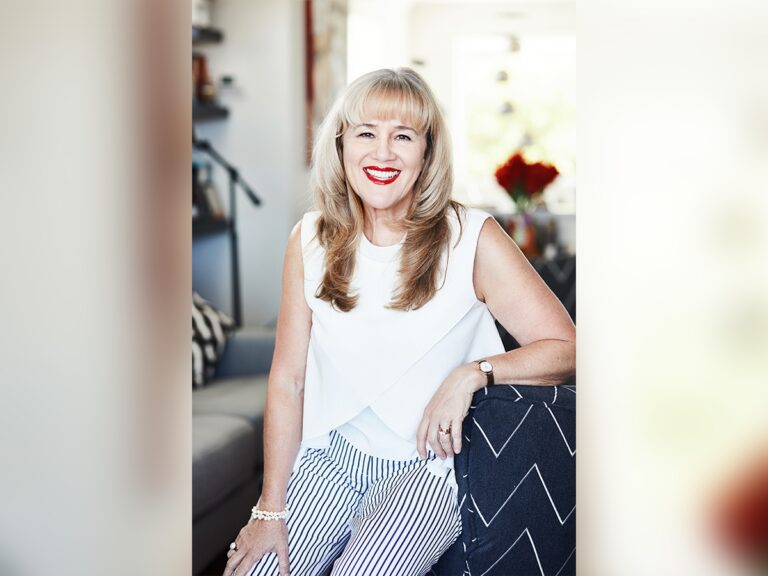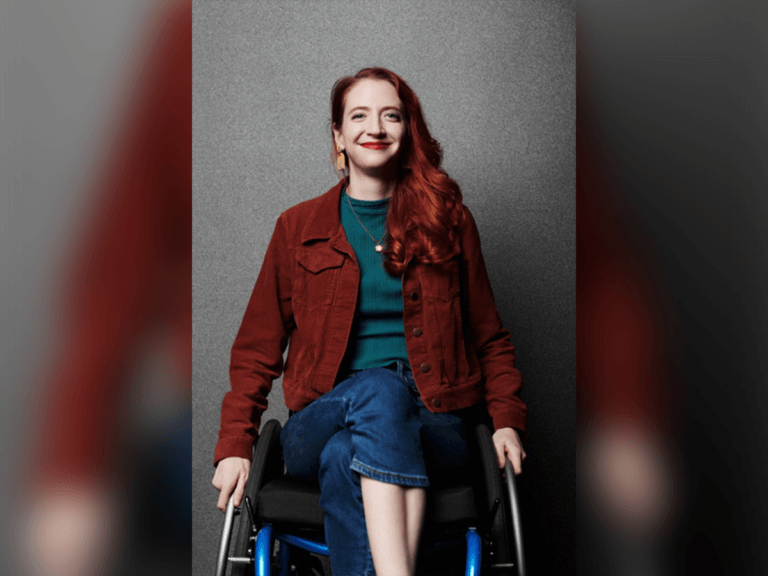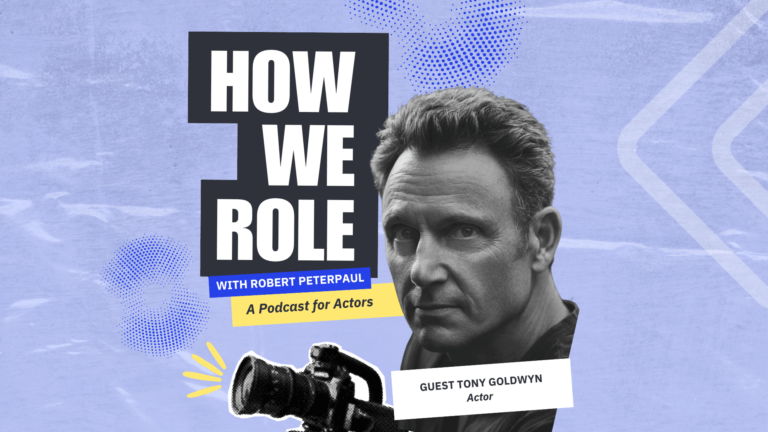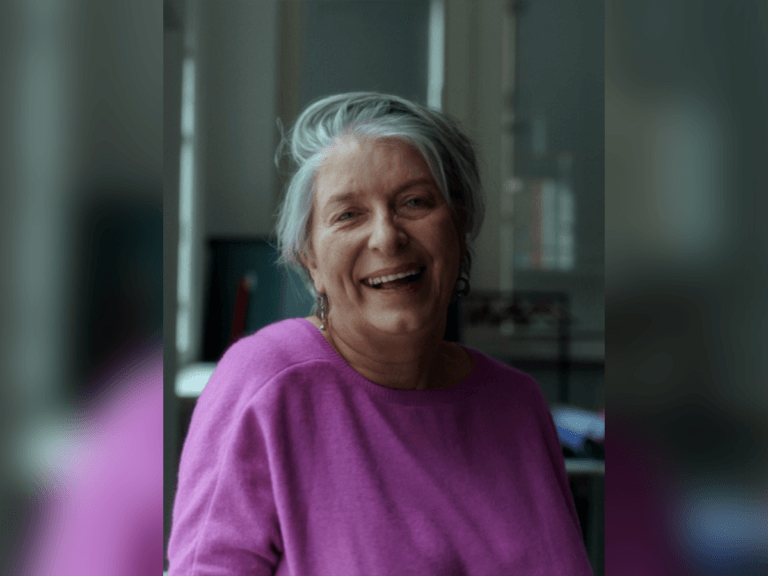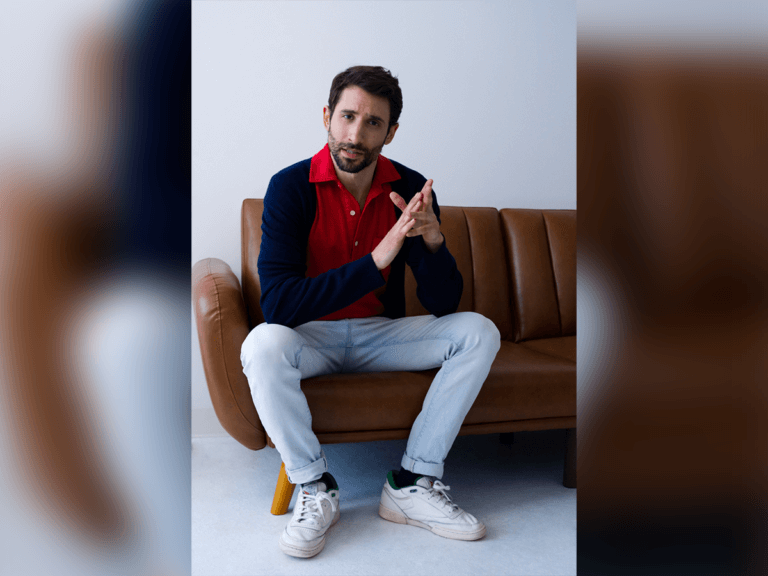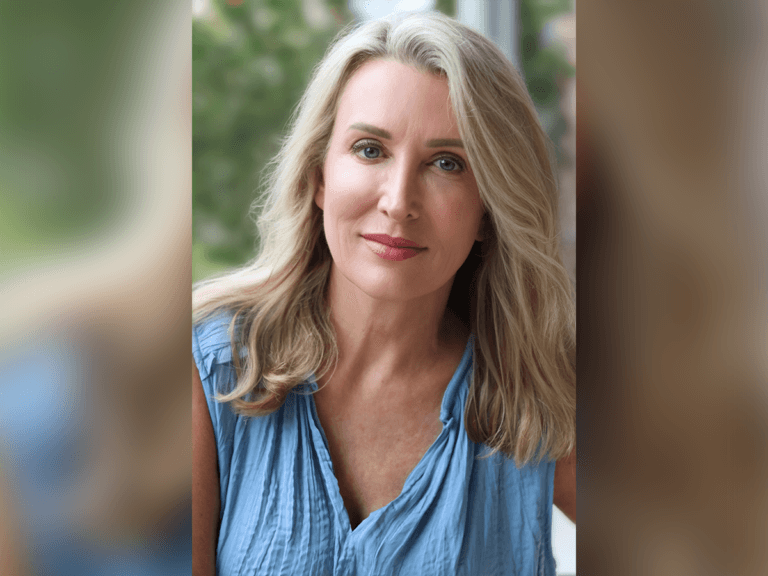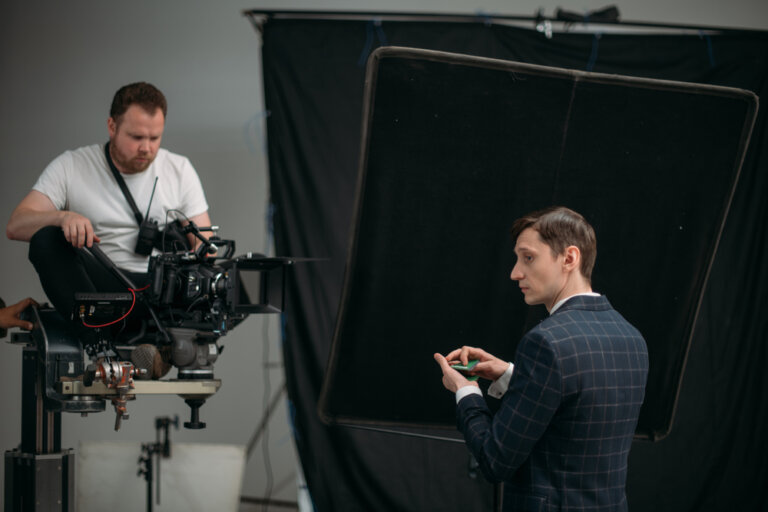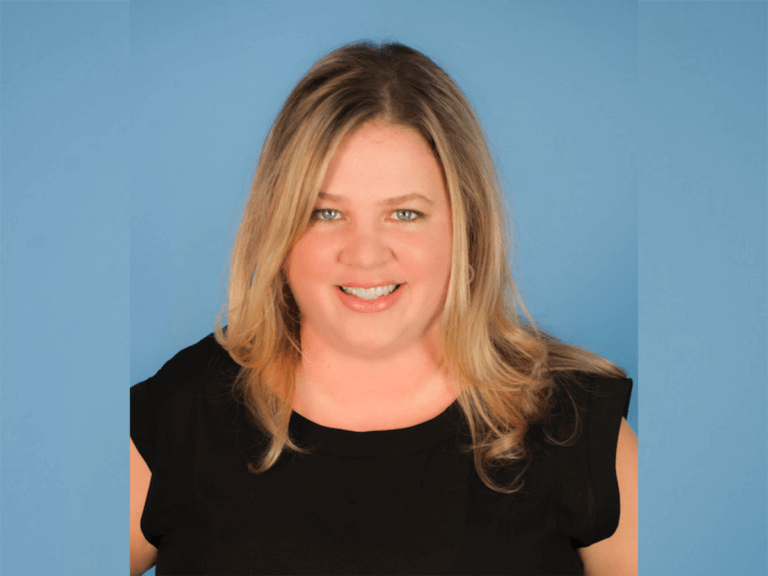If you’re a fan of anime or video games, chances are you’ve heard Abby Trott’s voice. Or maybe your child loves Carmen Sandiego. Or perhaps you enjoyed the hit Disney+ series X-Men ’97, The Croods: Family Tree, Animaniacs or the Demon Slayer video game series, or any one of more than 100 other animated TV shows, movies and video games that Trott lends her instrument to.
Throughout a 15-year career, Trott has become one of the most sought-after voice actors in the business. She now works constantly, with seven projects already released in 2024, and at least four more still to come. Next up, the anime horror limited series Uzumaki: Spiral Into Horror on Adult Swim and streaming on MAX. She spoke to us from her home in Los Angeles, Calif.
How did you get into acting?
I started acting when I was in fifth grade, continued through high school, and was a theater major in college. I fell in love with acting and wanted to pursue it in a professional capacity, but I wasn’t sure which route I wanted to take — stage, film, I didn’t know what to do.
After graduating, I moved to Japan for a while on the JET teaching exchange program and just traveled for a bit. I wanted to get back into acting, so I moved to Tokyo to try to pursue it there, whatever that meant. I didn’t even know what (area I wanted to pursue) at the time. I ended up auditioning for TV dramas and commercials. I did a little bit of voiceover there, got a taste of it and fell in love with voiceover specifically. I got a sense that it was something that I might be good at, and I had a lot of fun doing. I decided to pursue that aspect of acting specifically and ended up moving back to the States and focusing on that.
What was it that drew you to that specifically?
I think it’s that I have a bit of a background in music and singing. There’s the vocal aspect that I like, being able to manipulate and change my voice to sound like something that I could never portray on stage or film because of what I look like. In voiceover, you can be anything.
I like to use this as an example when people ask me what the most random character I’ve voiced is — I once voiced a living rack of ribs named Ribblepede in a video game called Bugsnax. That’s a great example of how I’m probably not going to be cast on film, but I can voice a living rack of ribs. (Laughs)
Once you got back to the States, how did you find your way into voiceover work?
I entered a voiceover contest that was hosted by Bang Zoom!, a dubbing company that did an online contest on YouTube called Perfect Idol.
When I first moved back after living in Japan, I didn’t know how to get into voiceover. I didn’t know what you were supposed to do. I was just looking for opportunities and trying to take classes and things like that. This is one that I stumbled upon.
I entered this contest and ended up winning. As a result, I got to dub my first anime, Miss Monochrome, and then was known to the casting director there, made some connections via the judges, who were also actors and knew directors and other casting directors. That was my crack in the door.
I’m curious about the difference between on-camera acting and voiceover acting. Obviously, a lot goes into the voiceover work, and there’s a physical aspect to it as well, right?
Definitely. Physicality is important to me. You’ll see me flailing in the booth as well. The more you move, that physicality finds its way into your performance. You can hear it. If you’re standing there, stagnant, stiff, you can lose some of the movement and the realness of a performance.
Even though voiceover is a different medium, the acting is still the same. You’re still trying to tell the story in the clearest and best way possible. A lot of times, if you’re doing pre-lay animation, for example, you’re setting the scene for animators. The more physicality and the more specifics you can throw in there, the more they have to work with and can be inspired to animate something that wasn’t in the script.
One of your more recent performances was in the video game MultiVersus, in which you got to play Wonder Woman. Is there extra pressure when you play a character that iconic?
I feel pressure with most jobs, but, when there’s an established character, I feel more pressure to do the character justice. With Wonder Woman, it was an interesting case because I wasn’t worried so much about my voice, as the attitude behind the voice. Wonder Woman believes in (truth and justice), she stands up for what’s right and defends those who are weak and can’t defend themselves. She’s more empathetic than other characters such as Batman, so those were the key elements that I wanted to represent. I was very surprised to book the role because it is so iconic and it’s still surreal that I might be Wonder Woman in anything. It is an incredible honor too.
For the record, I would be interested in hearing your rendition of Batman.
Oh, man, I have opinions on Batman, but we won’t get into it. (Laughs)
You talked before about how you got into voiceover, but do you have tips or advice for somebody who wants to get into voiceover acting?
It’s tricky. Everyone seems to have their way in, it just depends on the person.
I would advise just looking for opportunities and being ready to meet those opportunities if they present themselves. Preparing yourself by working on your skill sets. Networking is a big part of it. The more people you can meet and talk to — that can help. If you have a friend who’s familiar with your work and knows someone they’re looking for and you know someone specific, they could throw your name in the bucket.
I also like to encourage people to — it sounds corny — but to be themselves, in that a lot of times when people think of voiceover, they think of putting on a voice that’s not their natural voice. I would say, focus on your natural voice before anything else. Make sure that you’re comfortable and you can express yourself with your natural voice because that is probably where you’re going to get hired the most.
You have to be able to act and perform, first and foremost. After that, worry about your other skill set. What other voices can you do? Practice those; work on those. Looking for opportunities and taking risks is a big one. When those opportunities arise, don’t be afraid to go for it.
Thinking about joining Casting Networks? Sign up for a free trial today!
You may also like:
